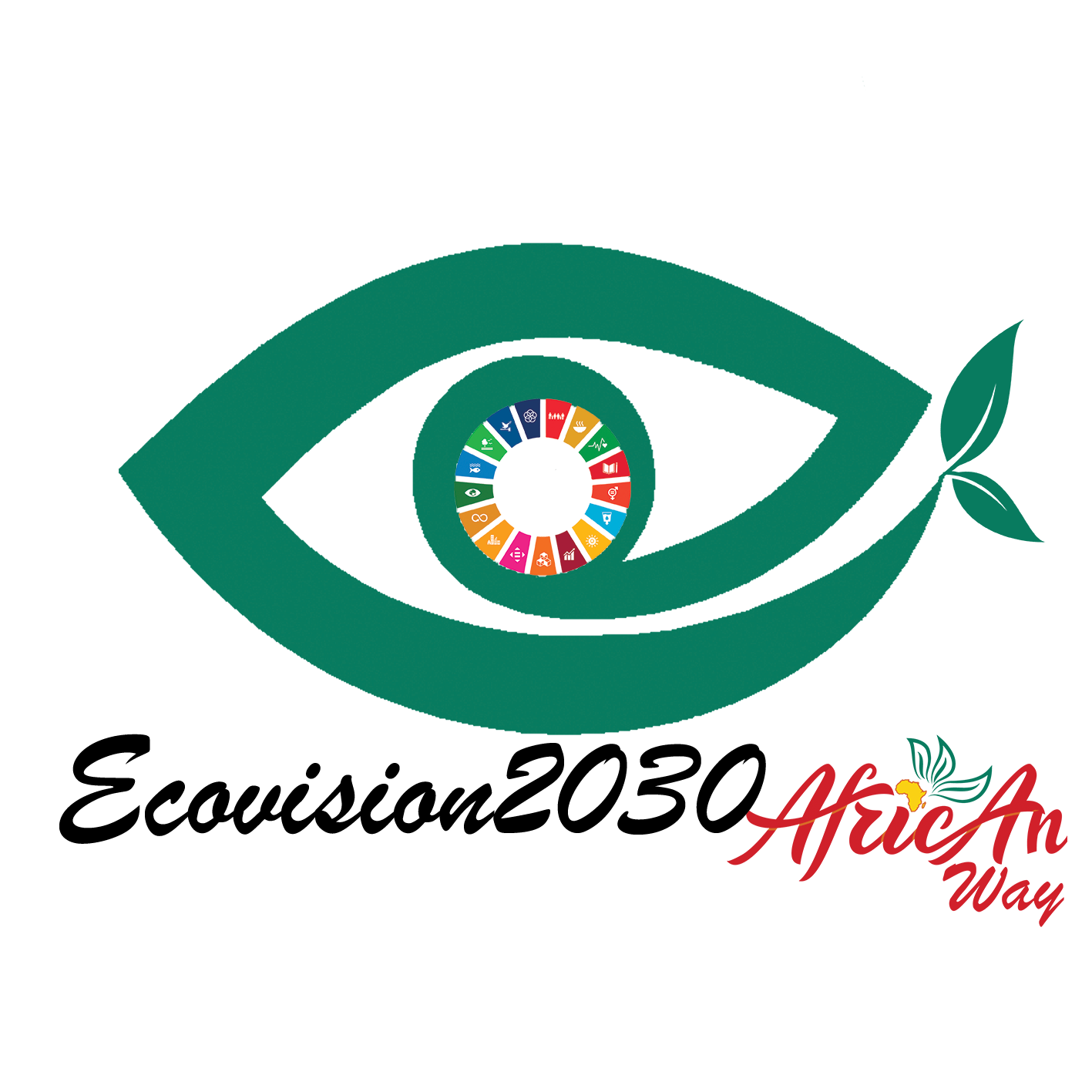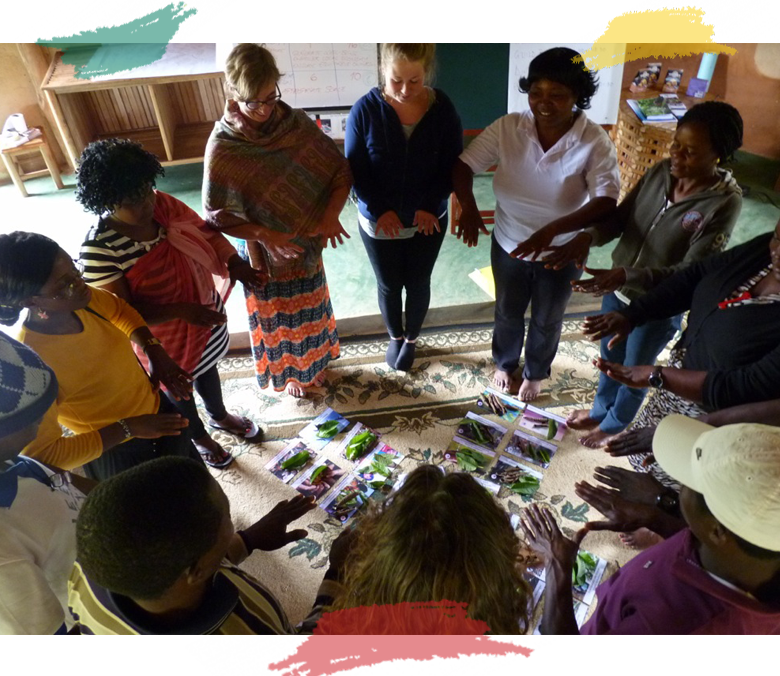ECOVISION 2030

Program that promotes local and national dialogue and international cooperation to increase contributions to the results of the United Nations Sustainable Development Goals (SDG).
Is an opportunity to apply indigenous local knowledge in community forums to provide alternative ideas, support local entrepreneurs, create sustainable food systems while both mitigating and transforming the community’s impact on climate.
Everything we do has consequences and with knowledge, support and the will to create a positive outcome, we can make a difference!

HOW IT WORKS:
The Ecovision 2030 African Way is disseminated through workshops, seminars and various events in the field of education for sustainable development.
